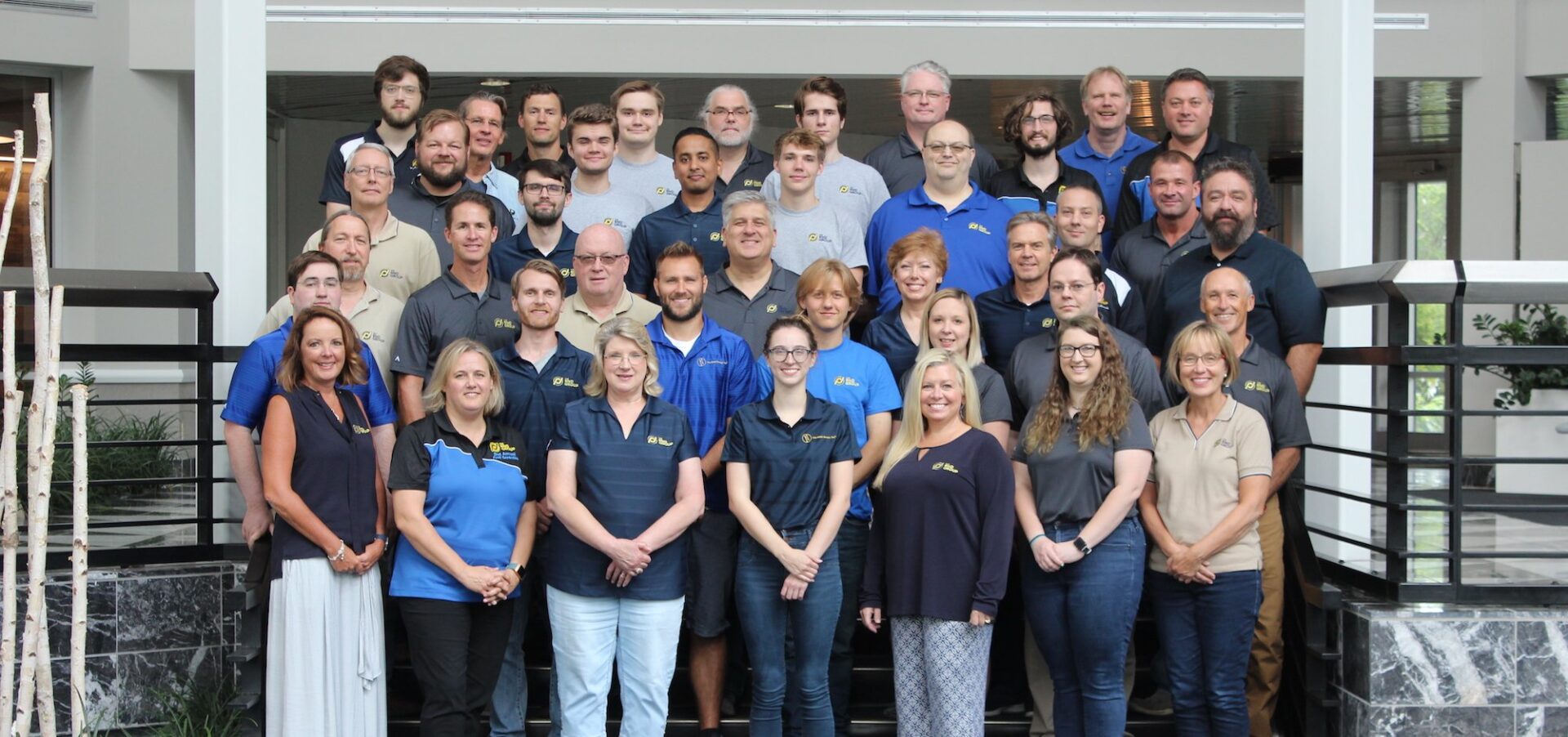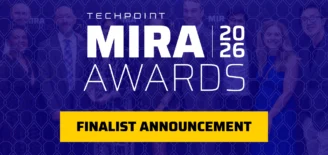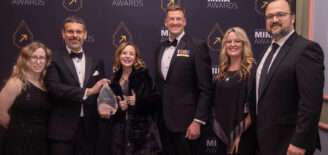The RND Group is in the business of saving lives through software
While the immediacy of cloud computing has made software mostly immune to broad failures, bugs are still seen as inevitable despite everyone doing their best to avoid them. Most end users accept that they will experience a software bug now and then, but what if even the smallest flaw produced not just an incorrect or unexpected result, but contaminated a hospital’s blood supply or worse, was the cause of many deaths?
Whether it’s working to detect cancer through an at-home product like Cologuard; helping to return streptococcus tests within the hour at a doctor’s office; or screening blood bank supplies for HIV, HPV and the Zika virus; life or death stakes are part of every day at The RND Group.
“You can’t give blood without it going through screening software that we’ve written here in Indianapolis,” said Stephanne Flint, vice president of software development. “We’re not as well known in our hometown because we don’t have many clients in Indiana. But among the scientific community throughout the U.S. and globally, The RND Group is who you go to for software and a partner you can trust.”
In partnership with customers–the biggest names in FDA-regulated scientific screening tests–The RND Group develops software using their clients’ intellectual property or “recipes” to detect certain molecules or illnesses and arrive at a mathematical positive or negative result. The quality assurance implications are enormous because a false positive or negative could be devastating for an individual and disastrous for an organization or community.
“I promise you, our people sleep just fine,” Stephanne said, when I asked about the weight of such high-stakes outcomes. “There’s nothing magic or proprietary about the way we do quality assurance. In fact, the FDA doesn’t like proprietary, they want everything to follow a defined process. What we do have is a lot of experience, proven processes, and we’re just really good at what we do. Our customers trust us, which is probably the most valuable asset we have as a company.”
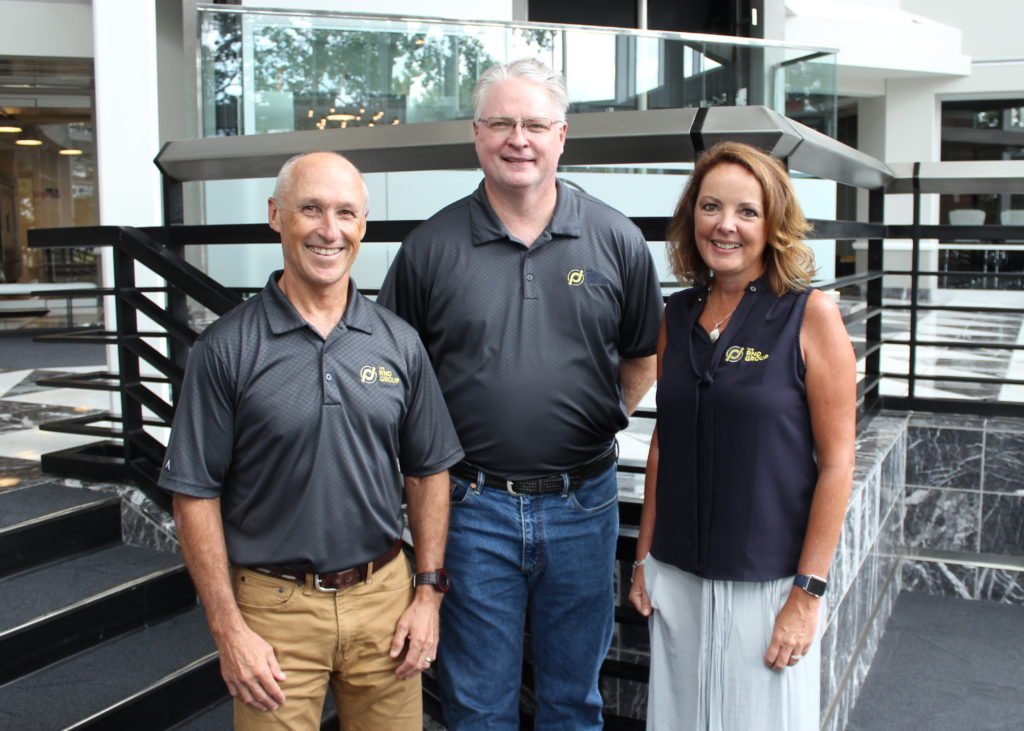
Beyond developing the aforementioned diagnostic testing software, The RND Group employees are working with healthcare scientists on Internet of Things projects that connect entire global fleets of medical devices and instruments to the cloud. They are also writing software for next generation sequencing, like a well-known brand of DNA test.
While its work is 100% in the life sciences and healthcare space, projects at The RND Group range from writing software for large appliance-size analyzers that test blood supplies to small, tabletop, point-of-care devices that run diagnostic tests for immediate care facilities like those at CVS MinuteClinic or Walgreens Community Clinics. Projects are sometimes short-term, 40-hour engagements, but the bulk of the work is longer-term, multi-year, and usually requires a team of about five engineers and testers.
Now in its 21st year of operation, The RND Group posted its best fiscal year ever in 2018, and is on track to exceed that milestone this year. The company employs 42 people at its northeast side headquarters along with a handful of contractors and interns. TechPoint Xterns to be exact. This summer, The RND Group hosted three Xterns and, as a point of pride, the company has hired three former Xterns as full-time employees.
“When my daughter got very sick and needed a blood transfusion and when my mother was diagnosed with cancer, I experienced first-hand the impact of the work we do,” said Tim DeFrench, president and founder of The RND Group. “I think that kind of meaning, that kind of purpose is what people today are really drawn to for a career and a place to work,” Tim said.
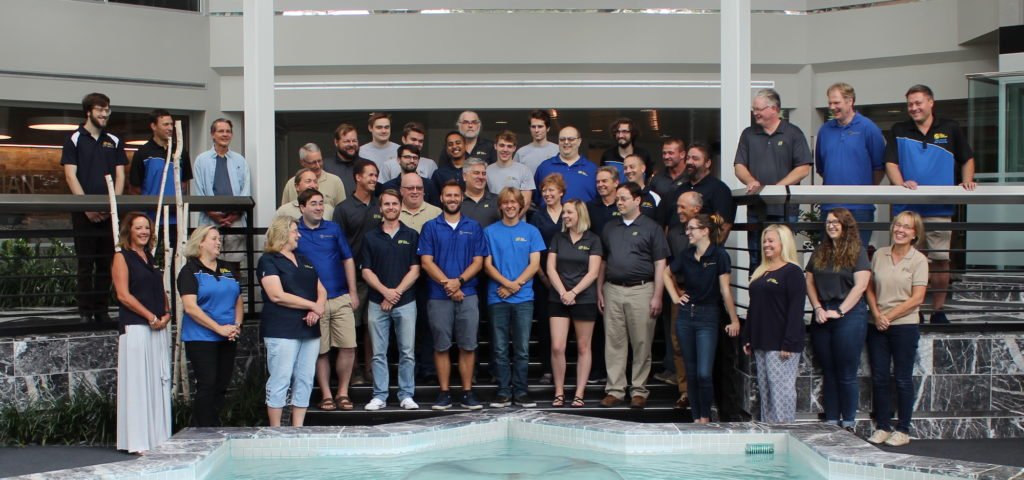
He also noted that The RND Group Foundation, which is funded through company profits, recently surpassed $1 million in donations to local charities. The foundation gives to organizations that provide support to pregnant women and their children in need, as well as to those that work to end the cycle of poverty such as at-risk populations, juvenile victims of crime, food banks and more.
“We hire a handful of people a year–literally the best of the best of the best–who are passionate about the kind of work we do and that has really shaped us as a company that cares about the community and the world we live in,” Tim said. “I think people might mistakenly think a company that builds FDA-regulated software for medical devices would be cold and clinical, but we’ve built a culture that’s just as serious about being a great place to work.”

